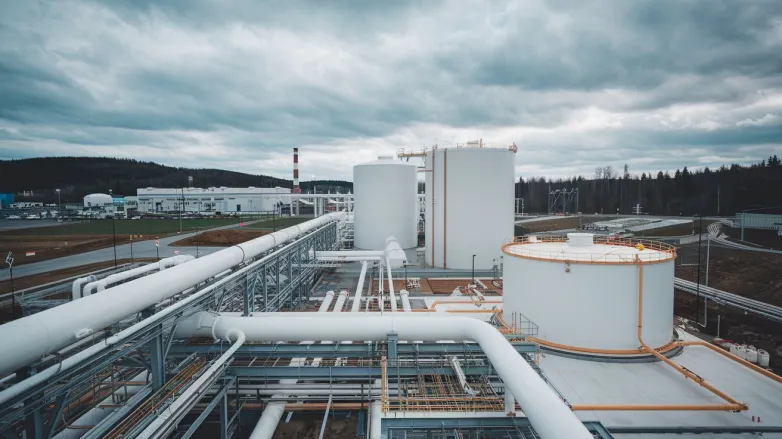BP Delays Commissioning of Major AREH Hydrogen Project
- BP's Asian Renewable Energy Hub delays green hydrogen launch to the early 2030s, reshaping the future of renewable energy with a massive 26 GW capacity.

BP has delayed the commissioning of the Asian Renewable Energy Hub (AREH), a significant green hydrogen project in Western Australia. Initial operations are now expected to begin by the early 2030s, with green ammonia exports projected in the mid-2030s. The revamped timeline pushes back the first exports, previously set for 2027-2028, to 2029, with Phase One comprising around 1 GW of solar and wind capacity.
AREH aims to establish one of the world's largest renewable hydrogen hubs, leveraging 26 GW of renewable generation capacity to produce 1.6 million tonnes of green hydrogen and 9 million tonnes of green ammonia annually. Launched in 2017, the project is now primarily owned by BP, which invested in it in 2022, alongside partners Intercontinental Energy and CWP Global.
What are the implications of BP's delay for the Asian Renewable Energy Hub project?
Certainly! Here are the implications of BP's delay for the Asian Renewable Energy Hub (AREH) project:
- Investment Impact: The delay could discourage potential investors who may view the postponement as a sign of uncertainty regarding project viability or financial stability. This could limit the influx of funding needed to complete phases of the project.
- Market Competitiveness: With a revised timeline, BP and AREH may fall behind other global renewable energy initiatives that are progressing on schedule. This could impact market share and technological leadership in green hydrogen and ammonia.
- Supply Chain Implications: Establishing a delay in commissioning may disrupt the established supply chain logistics that are crucial for project execution. This could lead to increased costs and complications in sourcing materials and technology.
- Regulatory Challenges: A timeline extension might necessitate renegotiation of contracts, permissions, and approvals with governmental and regulatory bodies. Any changes or delays in these processes could further elongate the project’s timeline.
- Impact on Local Communities: Delays in commissioning could postpone potential job creation and economic benefits for local communities around the project. This could lead to dissatisfaction or unrest among stakeholders who were expecting earlier economic integration.
- Environmental Considerations: Delays can lead to changes in environmental policies or regulations that may impact the project's operational framework. Heightened concern for biodiversity and climate impacts might require adjustments in project planning that could further push back timelines.
- Technological Evolution: The renewable energy landscape is rapidly changing, and a delay might allow for newer technologies to emerge. Although this could present an opportunity for enhanced efficiency, it may also require reassessment and reconfiguration of the initial project designs.
- Market Price Competitiveness: With an extended timeline, the price of hydrogen and ammonia in the global market might evolve, affecting AREH's pricing strategy and economic feasibility. It may have to compete with cheaper alternatives during its eventual launch.
- Climate Commitment Perception: As global attention on climate action intensifies, delays in renewable energy projects like AREH may tarnish BP's reputation as a leader in sustainability. This could impact public trust and stakeholder confidence in BP's long-term commitments to renewable energies.
- Future Strategy Considerations: BP’s strategic direction may need to be reassessed in light of this project’s delay. The company might need to realign its priorities towards achieving renewable energy targets and maintaining its reputation in a competitive industry.
- Collaborative Impact: The project’s delays could affect partnerships with stakeholders such as Intercontinental Energy and CWP Global. Changes in expectations can create strain in partnerships, potentially leading to shifts in collaborative approaches or funding structures necessary for the project's success.
These implications highlight the complexities and interconnectedness of factors that arise from the postponement of the AREH project, impacting not just BP and the developers but also the broader renewable energy landscape in Asia and beyond.
Also read

